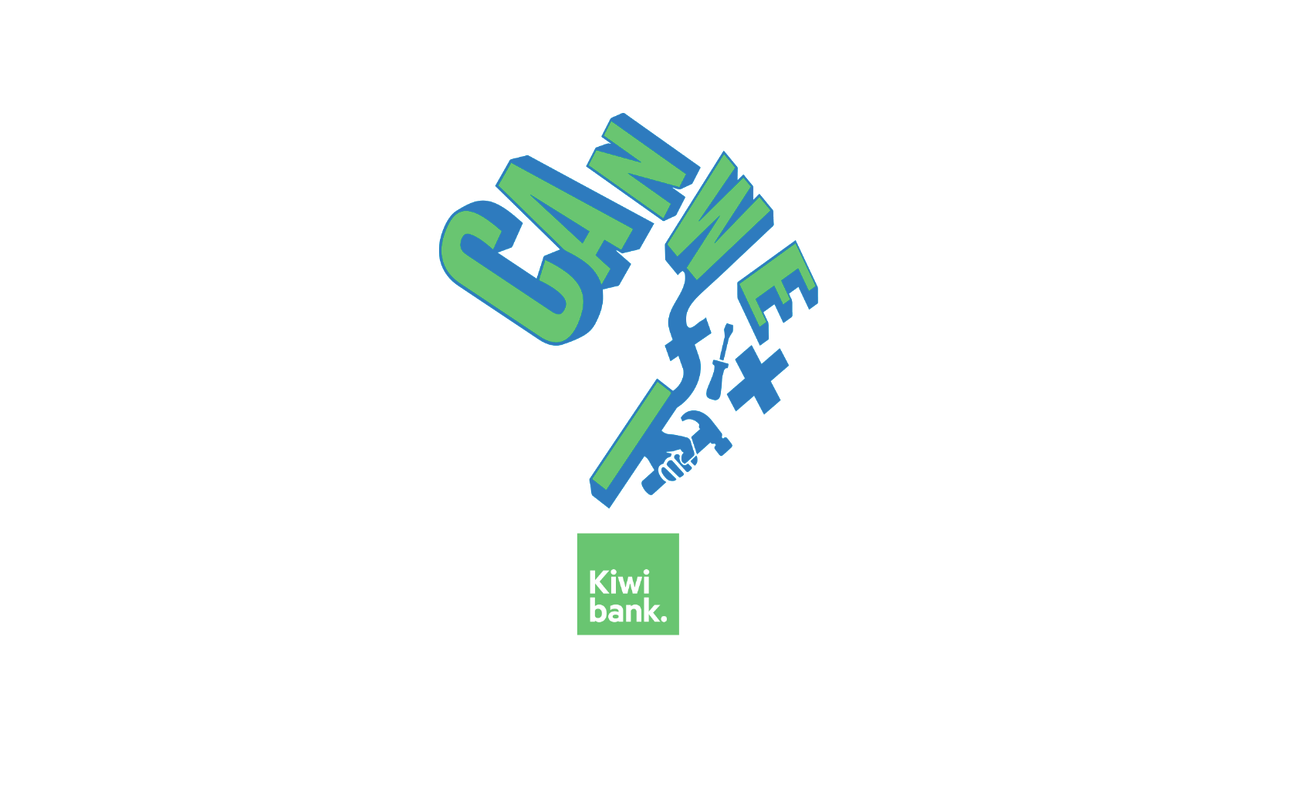Can we fix it? An introduction to Poverty Week

It won’t come as news to anyone that poverty is one of the biggest issues facing our society today.
Inequality is a buzzword in news coverage and has been tossed between political parties, as well as had measurements hotly debated. While we clearly don’t suffer from the same levels of poverty faced by less developed countries, what blame games and back and forth gloss over are the thousands of Kiwis struggling to make ends meet.
Polling shows we identify inequality, poverty and housing as our three most pressing issues, and for good reason – in 2015 New Zealand was ranked 28th for income equality out of the OECD’s 37 developed countries.
In New Zealand, poverty is often measured as living on less than 60 percent of the median household disposable income after housing costs – around 790,000 people. This isn’t just an issue for those directly affected, either. Inequality pulls on the fabric of our society and hinders the success of our economy. As the recently released Salvation Army State of the Nation report says, those who fall outside the margins are part of us.
Since the 1980s the gap between the rich and the poor has widened faster than in any other developed country, the number of people classified as poor has doubled – with over a quarter of those households going without essentials such as decent shoes, adequate heating or enough food, and thousands of people have been priced out of the housing market.
Up to 290,000 of those in poverty are children, and around 70,000 children live in severe material deprivation, affecting their education, healthcare and general wellbeing. Despite 14 percent growth in the country’s economy between 2013 to 2017, there were no substantial changes in child poverty rates, and youth employment remained around 20 percent.
While economic growth is vital for progress, the failure of this growth to translate to wages and social security has left lower income earners lacking in opportunities, including fair access to education, experiences, security, participation in society and social mobility.
The government has recently introduced a Families Package, which allocates around $2 billion to housing, health, education and other investments. It’s also introduced the Child Poverty Reduction bill, which requires governments to set reduction targets. For the current government, these include reducing the number of children in low income households and living in material hardship by around 50 percent in ten years.
The Salvation Army report notes extension to the minimum wage, additions to the social wage, regular adjustments to income support programmes and ensuring employees are protected and able to advocate for their interests would help foster a more inclusive economy.
But the multi-dimensional nature of poverty and inequality means multi-dimensional solutions are needed, and ones that allow the people directly impacted by the issues to be a part of the solutions. Cue some impressive efforts by companies across the country motivated to give everyone a fair shot.





